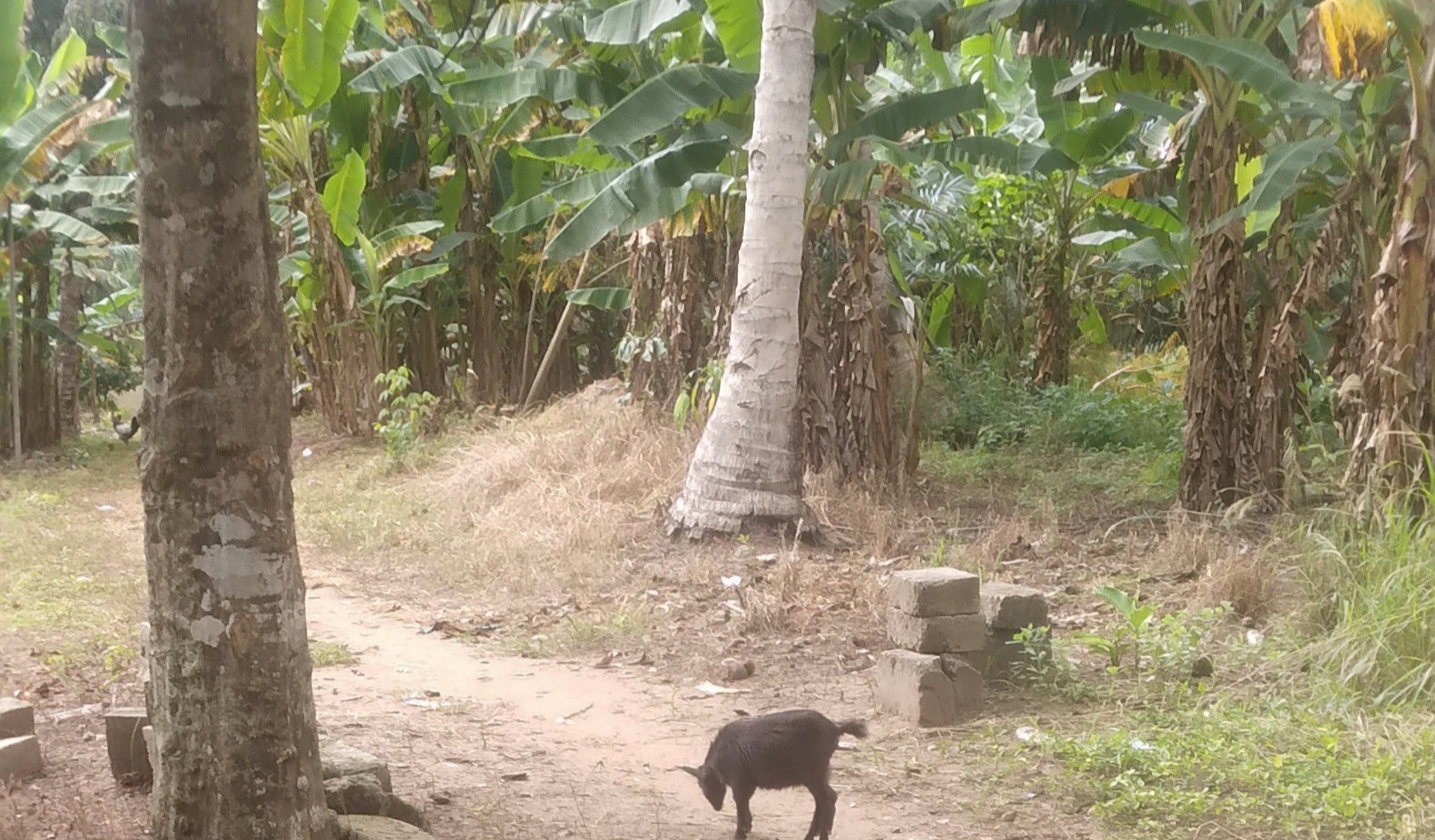The Pulse of Kwanta Awudome: Trade and Commerce as Engines of Growth
Trade and commerce are the lifeblood of Kwanta Awudome’s local economy. They shape livelihoods, foster community connections, and create opportunities for economic resilience. While the community may face challenges due to its rural setting, it also holds immense potential fueled by hard work, local resources, and cultural richness.
Let’s explore the dynamic landscape of trade and commerce in Kwanta Awudome, including its key activities, challenges, and opportunities for growth.
Key Economic Activities in Kwanta Awudome
1. Agriculture-Based Trade
Agriculture stands at the core of Kwanta Awudome’s economy. Most residents are engaged in farming, cultivating crops such as maize, cassava, yams, plantains, and cash crops like cocoa and oil palm. These products are sold within the community or transported to nearby markets, offering crucial income for families.
In addition to crop farming, livestock and poultry farming provide another economic avenue. Goats, chickens, and sheep are raised for meat, eggs, and milk, contributing significantly to household income.
2. Local Markets and Retail
Although Kwanta Awudome lacks its own central market, residents actively participate in market days in nearby communities. These events are vital for selling goods, networking, and accessing household necessities.
Besides market trading, small retail shops and kiosks operate throughout the week, selling everyday items—like food, toiletries, and stationery—right within the community.
3. Artisanal and Craft Production
The local economy is also enriched by traditional craftsmanship. Pottery, weaving, basketry, and wood carving reflect both cultural heritage and economic enterprise. Tailors offer textile and clothing services, often specializing in local styles and fabrics.
4. Service-Based Commerce
Services such as transportation (motorbike taxis or shared vans) play a key role in connecting Kwanta Awudome with nearby towns and markets. Food vendors and small eateries also contribute to the local economy, serving traditional dishes and snacks.
5. Informal Trade
A significant portion of the population engages in informal trade—street vending, home-based businesses, and casual labor. These small enterprises offer flexible income sources and meet the immediate needs of residents.
Challenges Facing Trade and Commerce
Despite vibrant activity, several barriers limit economic expansion:
-
Poor Infrastructure: Inadequate roads make it difficult to move goods, especially during rainy seasons. Limited electricity and water supply hinder operations, particularly for businesses that require refrigeration or processing.
-
Access to Capital: Small businesses struggle with limited access to loans or credit. High-interest rates and lack of formal banking services make it hard to scale operations.
-
Market Access and Competition: Local producers often lack the means to reach bigger markets. When they do, they face stiff competition from larger players.
-
Seasonal Uncertainty: Agricultural incomes fluctuate with the seasons. Poor harvests due to pests or bad weather can significantly impact earnings.
-
Business Knowledge Gaps: Many entrepreneurs lack training in areas like financial management, marketing, and customer service, limiting their business growth potential.
Opportunities for Economic Growth
There are promising pathways to revitalize and grow Kwanta Awudome’s economy:
1. Strengthening Agricultural Value Chains
By adding value to crops—turning cassava into gari or yams into flour—farmers can earn more and create local jobs. Processing, packaging, and branding locally produced goods can open new markets and boost income.
2. Microfinance and Cooperatives
Establishing village savings groups and microfinance institutions can offer affordable loans and encourage saving. These support systems can help local traders invest and expand their businesses.
3. Expanding Market Access
Creating links to urban markets and exploring regional trade networks can help traders and farmers sell beyond the community. Partnerships with city-based traders or even digital platforms can be game-changers.
4. Training and Capacity Building
Workshops on financial literacy, digital skills, and entrepreneurship can empower local business owners. With the right skills, small-scale enterprises can grow, innovate, and thrive.
5. Promoting Local Crafts and Tourism
Kwanta Awudome’s culture and craftsmanship are economic assets. With the right promotion—through festivals, craft fairs, and tourist tours—the community can attract visitors and boost sales of local crafts.
6. Embracing Technology
Mobile money, online marketing, and e-commerce platforms offer new ways to buy, sell, and communicate. Leveraging these tools can expand reach and simplify transactions.
7. Supporting Women in Business
Women are central to informal trade in Kwanta Awudome. By offering targeted training, financial support, and networking, their businesses can flourish, benefiting families and the wider community.
Conclusion: Building a Stronger Economic Future
Trade and commerce are more than economic functions in Kwanta Awudome—they are a way of life. From bustling market stalls in nearby towns to home-based food vendors, the community is full of entrepreneurial spirit.
By tackling infrastructure challenges, providing financial tools, and empowering residents—especially women and youth—Kwanta Awudome can chart a path toward sustainable, inclusive economic development. The key lies in community collaboration, investment in local talent, and smart partnerships.
When trade flourishes, so does the community. Let’s unlock the full economic potential of Kwanta Awudome—one business, one harvest, and one idea at a time.






